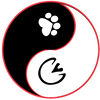|
Anhidrosis is a common problem in sport horses training and competing in hot humid conditions. Horses reduce their body temperature during exercise mostly by sweating. As sweat evaporates from the body surface, the body heat is reduced. They can also dissipate heat by respiration. Cool air enters the lungs and cools the blood flowing to the muscles and hot air is exhaled. During hot and humid conditions, the rate of evaporation of sweat is reduced and breathing in hot, humid air does little to cool the blood. The horse's coat is also a great insulator and can act like a wet suit keeping a layer of heat next to the skin if the sweat is slow to evaporate or is not scraped off. Sometimes it is difficult to know if your horse is sweating enough. Some early signs may be reluctance to work, panting, sweating only under tack or a sticky dry coat. Some horses sweat more than normal in the months before they stop sweating. Horses with concurrent lung disease like heaves are at a greater risk of heat stroke because they have limited ability to cool themselves by respiration. The sweat glands are highly innervated and are stimulated by the sympathetic nervous system (fight or flight response). The mechanism of anhidrosis in horses has not been determined but In chronic cases, the sweat glands are atrophied, suggesting multiple bouts of heat stroke may lead to more severe symptoms over time. In people, some causes have included congenital, metabolic and autoimmune diseases, skin damage and drug induced causes. In TCVM, the Heart controls the sweat glands and the Lung controls the exterior of the body and the Wei Qi (immune system). The balance between Yin and Yang control the body temperature. The Yin is like the air conditioner while the Yang is like the furnace. Summer Heat is one of the 6 pathogens in TCVM and can damage the Heart and Lung Yin so we view anhidrosis as a Heart and Lung Yin deficiency. Treatment principles in TCVM include acupuncture, herbal and food therapy in addition to environmental modification like monitoring body temperature during exercise, working in cooler weather, taking frequent breaks in the shade, and cooling with water and scraping to help speed evaporation. During pasture and stall time, horses should always have access to shade, fans, salt, electrolytes and cool fresh water. The NOAA heat index chart can help you determine when it is unsafe to work your horse if he is prone to anhidrosis. In south Florida, we are in the extreme caution zone for most of the summer. Due to our high humidity, even in the early morning or late evening. You may have to be vigilant about cooling before, during and after your horse's work out or you may choose to give them some time off during the summer. Herbal therapy in combination with acupuncture has shown great promise in helping non-sweaters. Our recommendation is to start treatment in the late spring and continue through the summer until the heat index consistently falls below 90. This could include acupuncture once per month plus herbal and food therapy daily. New Xiang Ru San is Dr. Xie's Herbal Formula made specifically for horses with anhidrosis. It contains a blend of Bian Dou (hyacinth bean), Xiang Ru (mosla), Hou Po (magnolia bark), Lian Qiao (forsythia) and Jin Yin Hua (honeysuckle flower). Food therapy includes cooling foods to tonify the Heart Yin and pungent foods that tonify the Lung and increase sweating. A variety of foods from this list can be added to the horse's diet as treats or mixed into the feed. You can also check out our recipe for "green tea" ice pops on the feeding seasonally blog post. Alfalfa Dark Malt based beer (Guiness) Cucumber Celery Chia Seeds Kombu (Kelp) Spirulina Lemon Watercress Yam Lettuce Peppermint Radish Aloe Listen in to the new Driving Radio Show on Horses in the Morning for more TCVM info ! This month our Tremont training tip from Keady Cadwell is how to teach your horse to drive safely in a group, Katie Whaley recaps the Lexington Carriage Classic at the Kentucky Horse Park and Abbie Trexler has some great news about the new ADS vest rule. Plus in the TCVM update, Dr. Wendy talks about non-sweating and managing your horse through the summer heat.
2 Comments
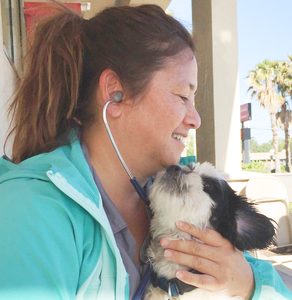 Heart worm preventative can be started at 8 weeks. Puppies under 6 months, do not need a heart worm test before starting preventative. Puppies over 6 months require a heart worm test before starting preventative. Dogs require an annual heart worm test to renew your prescription. We recommend Iverhart plus or Heartgard plus which are oral chews given every month for heart worm preventative and to kill intestinal parasites. Flea Prevention can be started at 8 weeks. Nexgard is an oral chew given every month for fleas and ticks Bravecto is available for puppies over 6 months of age and is an oral chew given every 3 months for fleas and ticks Combined Heart worm preventative plus Flea protection Trifexis is an oral tablet that is given every month for heart worm prevention and kills intestinal parasites and fleas. Revolution is a topical liquid applied once per month for heart worm prevention and flea control. 8 weeks Parvo/Distemper Vaccine Deworming 12 weeks Parvo/Distemper Booster Vaccination Kennel Cough Oral or Intranasal Vaccination Deworming 16 weeks Parvo/Distemper Booster Vaccination Rabies vaccination with county license Deworming 1 year Parvo/Distemper Booster Vaccination Rabies vaccination Deworming Booster Vaccinations are recommended every 3 years Titer testing is available for Parvo/Distemper however rabies vaccination is required by law and titer test results are not accepted. We use a thimerosol free vaccine. Optional Vaccinations dependent on lifestyle If your dog leads an active lifestyle and goes to the dog park, lunch with friends and Sarasota dog meet ups, we recommend oral or intranasal kennel cough boosters annually. If your dog likes to play in the woods, go swimming and kayaking in the rivers and bays, we recommend leptospirosis vaccination annually. If you are boarding your pup, please check with the kennel to determine what vaccines they require at least one month before your stay. These recommendations are in accordance with the current AAHA Canine Vaccination Task Force guidelines. For more information on vaccines, visit the American Animal Hospital Association website. 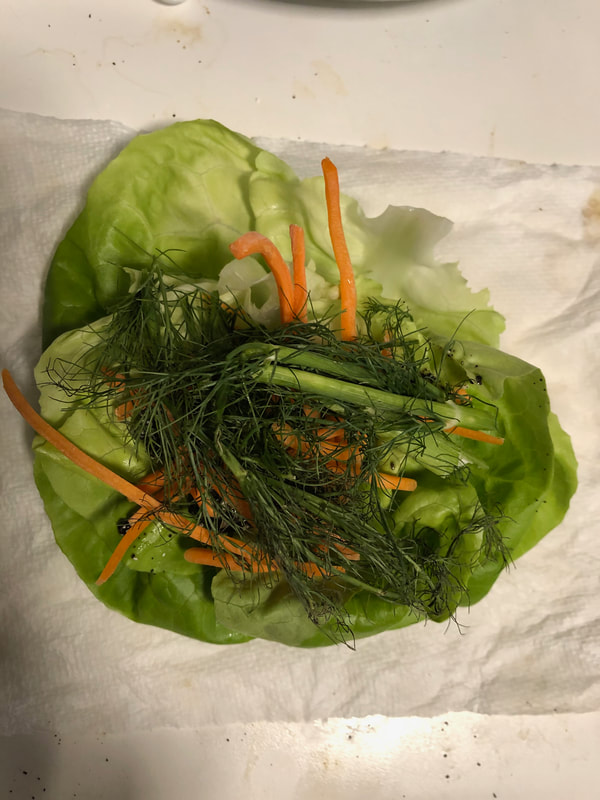 The first Driving Episode of HITM with Dr. Wendy and Glenn. The training tip with Keady Cadwell of Tremont Farm covers setting goals and standing still, we learn about the Florida Whips, learning to navigate and Abbey from the American Driving Society. Plus, the Traditional Chinese Medicine Update reviews seasonal food therapy for horses. Listen in… HORSES IN THE MORNING Episode 1948 Spring - Wood Element Spring is the time of birth and growth. Foals are born, seeds germinate, sprouts begin to push through the ground and the days become longer. Spring is the time of Yang activity with Qi ascending and expanding. Fresh greens, herbs and fast growing plants are in abundance and are good choices during spring time to move Qi upward and outward to support the Wood element. The Wood’s Zang organ is the Liver which stores the Blood and governs Qi flow. After a long, cold winter with Qi sinking to the interior, the direction of Qi must transition to moving upward and outward. If this transition is not smooth, the Liver can become Stagnant. Sour foods such as citrus, rose hips and apple cider vinegar can clear Liver Qi Stagnation. Sweet and pungent flavors can help develop a “spring within”, with sweet foods such as honey and carrots to tonify Qi and pungent foods, like peppermint and mustard greens to move Qi upwards. Infused waters are a great way to introduce whole foods to the horse and are easy to prepare for the owner. The Mu Ma Spa water can be a refreshing treat for a Wood horse in the spring. Summer - Fire Element
Summer with its long days and abundant growth of plants and fruits is also a Yang season. Rising external temperature and high humidity can damage the Yin. Anhidrosis is a common problem with competition horses in the Southeast US. The inability to sweat causes episodes of heat stroke and further damages the Heart and Lung Yin. Cool and bitter foods such as alfalfa and celery can tonify the Yin and keep the body cool. Adding some pungent foods like mint and fennel can help open the exterior and encourage sweating. A wide variety of fresh fruits and vegetables as treats can help replenish minerals lost in sweat. Frozen green tea ice blocks with lemon, mint and cucumber can be added to water buckets to give horses a refreshing drink on hot days. |
�
Dr. WendyPractices Traditional Chinese Veterinary Medicine in Sarasota, Florida Categories
All
Archives
December 2023
|
|

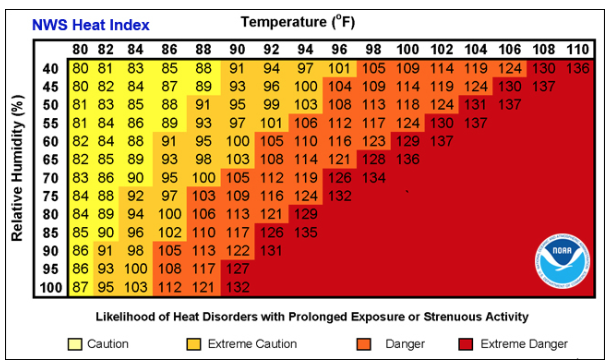

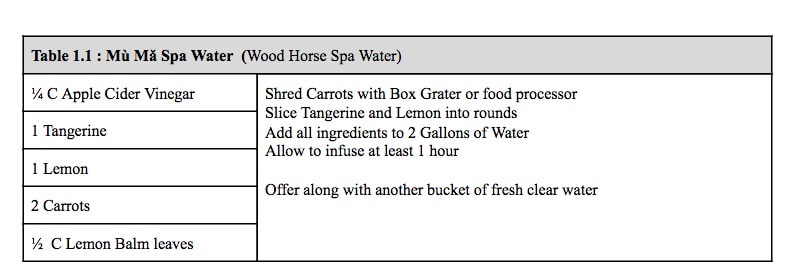
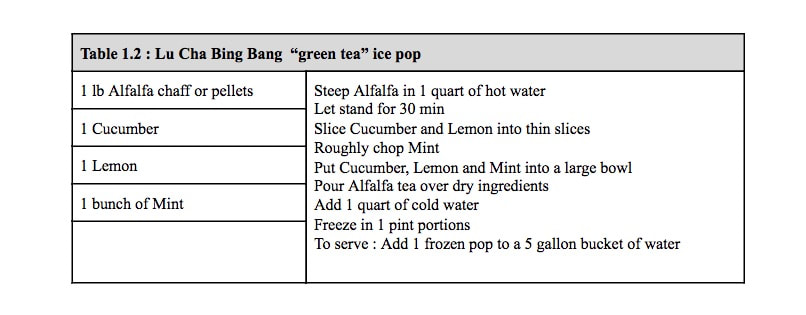

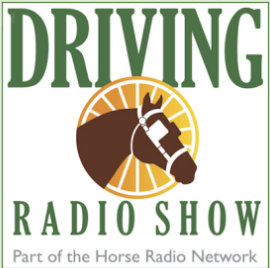
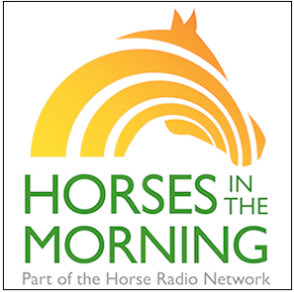
 RSS Feed
RSS Feed

